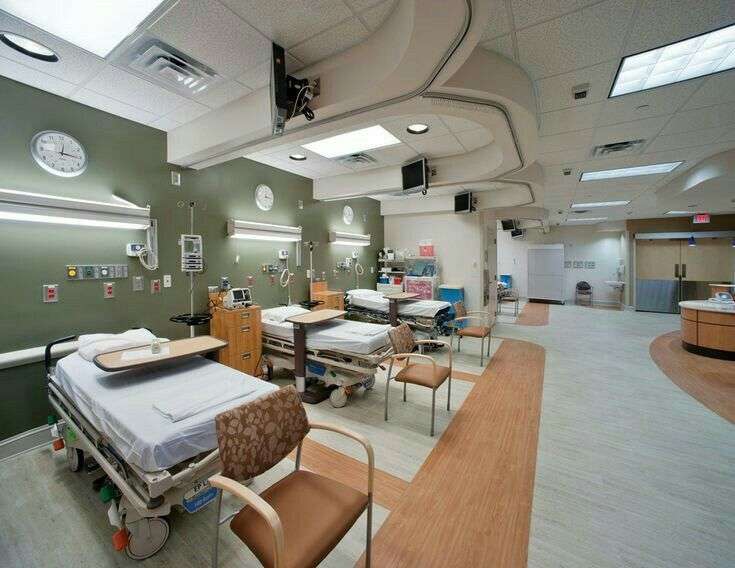
Building a Hospital in the UAE: A Comprehensive Guide
June 22, 2024
Hyderabad Healthcare: Meeting the Demands of a Booming City
June 26, 2024Establishing a hospital in India requires adherence to various legal, administrative, and procedural requirements. These regulations ensure that hospitals maintain high standards of care and safety for patients. The process involves obtaining multiple licenses and permits from different authorities.
Key Licenses and Approvals
- State Health Department: Hospitals must register with the respective State Health Department. Each state may have its own set of requirements and procedures.
- Clinical Establishments (Registration and Regulation) Act, 2010: In states where this Act is applicable, hospitals must register under it. This Act standardizes the facilities and services provided by clinical establishments.
Land and Building Approvals
- Land Use Permit: Approval for the use of land for medical purposes from local authorities.
- Building Plan Approval: The building plan must comply with local building codes and regulations, including fire safety and environmental clearances.
Medical Licenses
- Medical Council of India (MCI): Doctors and medical practitioners must be registered with the MCI or the respective state medical council.
- Nursing Council: Nurses must be registered with the Indian Nursing Council or the respective state nursing council.
Infrastructure and Equipment Approvals
- Pollution Control Board: Consent to Establish (CTE) and Consent to Operate (CTO) from the State Pollution Control Board for managing biomedical waste.
- Fire Safety Certificate: Issued by the Fire Department after inspecting the hospital’s fire safety measures.
- Lift Installation Permission: If the hospital has elevators, approval from the Inspector of Lifts and Escalators is required.
Operational Licenses
- Drug License: Issued by the State Drug Control Organization for the sale and storage of medicines.
- Biomedical Waste Management Authorization: Approval for the management and disposal of biomedical waste.
- Radiation Safety Approval: If the hospital uses radiological equipment, approval from the Atomic Energy Regulatory Board (AERB) is necessary.

Compliance with National and International Standards
- National Accreditation Board for Hospitals & Healthcare Providers (NABH): While not mandatory, NABH accreditation is a mark of quality and safety in healthcare services.
- ISO Certification: Hospitals may also seek ISO certification to enhance credibility and operational efficiency.
Additional Requirements
Staff Credentials
- Background Checks: Conduct thorough background checks and verifications for all staff members.
- Continuous Education: Ensure that the medical and support staff undergo regular training and education to keep up with the latest in healthcare.
Legal Compliance
- Consumer Protection Act: Comply with the provisions of the Consumer Protection Act, 2019, which protects the rights of patients.
- Insurance: Obtain adequate insurance coverage for the hospital, including professional indemnity insurance for doctors.
IT and Data Security
- Health Information Systems: Implement robust health information systems to manage patient data.
- Data Privacy Laws: Ensure compliance with data privacy laws like the Information Technology Act, 2000, and rules thereunder.
Conclusion
Starting a hospital in India requires meticulous planning and adherence to a multitude of regulations. By following this guide from Hospertz Healthcare Consultancy, prospective hospital operators can navigate the licensing process more effectively, ensuring compliance with all necessary legal and regulatory requirements. This, in turn, helps in providing high-quality healthcare services to patients.
Useful Resources
- Ministry of Health and Family Welfare: Website
- National Accreditation Board for Hospitals & Healthcare Providers (NABH): Website
- Medical Council of India (MCI): Website
By understanding and fulfilling these requirements, you can contribute to the healthcare sector in India, ensuring that your hospital operates smoothly and effectively while providing excellent care to patients. Let Hospertz Healthcare Consultancy assist you in this journey towards establishing a successful healthcare facility.



